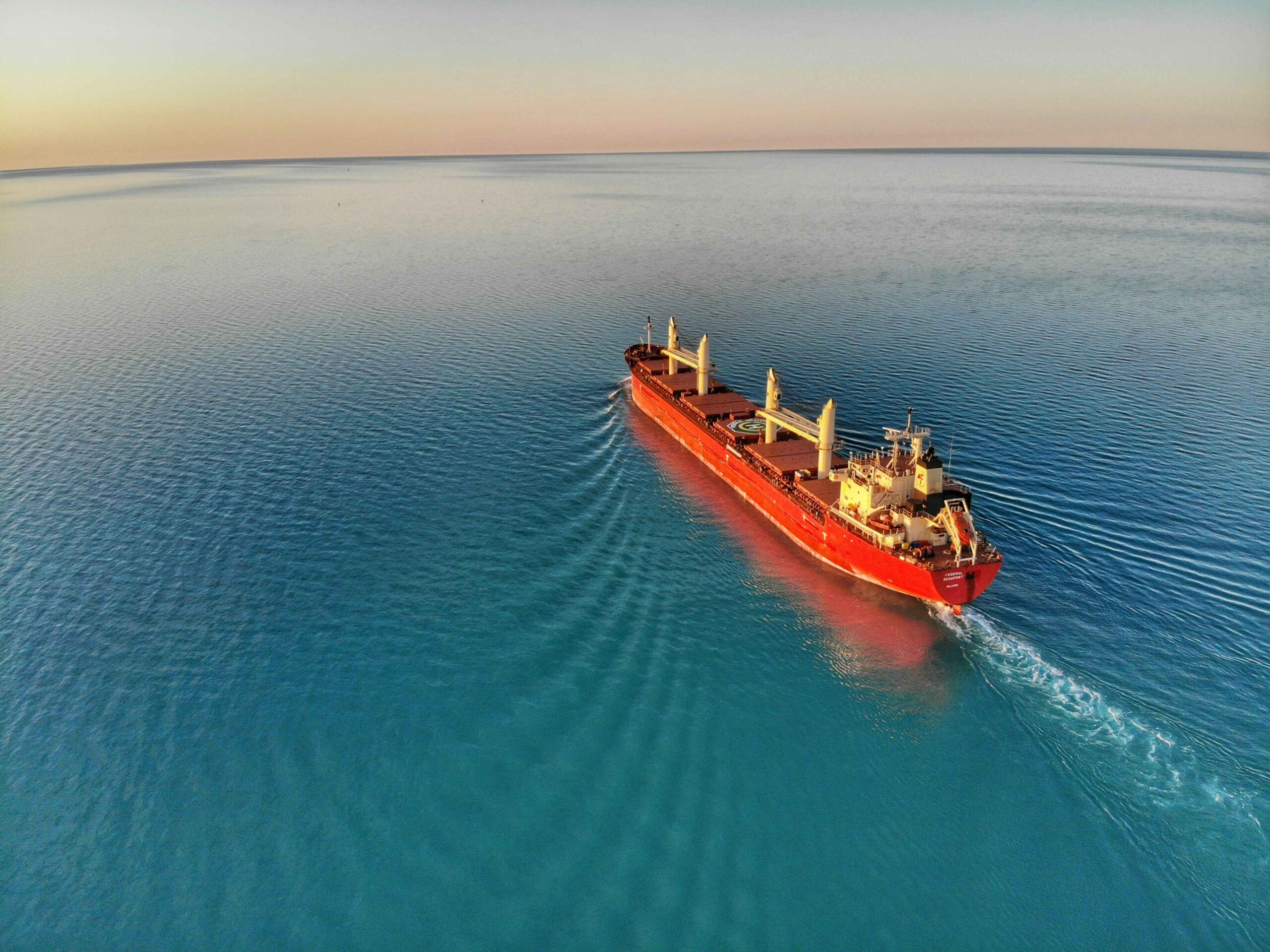
The Role of AI in Optimizing Bunker Fuel Consumption
In the maritime industry, bunker fuel represents a significant portion of operational costs, making fuel efficiency a critical concern for shipping companies. As the industry grapples with rising fuel prices and stringent environmental regulations, artificial intelligence (AI) has emerged as a powerful tool to optimize bunker fuel consumption. By leveraging AI technologies, shipping companies can enhance fuel efficiency, reduce emissions, and achieve substantial cost savings.
AI-Driven Fuel Optimization: How It Works
Artificial intelligence encompasses a range of technologies, including machine learning, predictive analytics, and data modeling, which can analyze vast amounts of data to identify patterns and make informed decisions. In the context of bunker fuel optimization, AI systems can process data from various sources, such as:
- Vessel Performance Data: AI can analyze data on a ship’s speed, engine performance, fuel consumption rates, and hull condition to optimize operations.
- Weather and Oceanographic Data: By incorporating real-time weather forecasts and ocean conditions, AI can recommend optimal routes and speeds to minimize fuel consumption.
- Historical Voyage Data: AI algorithms can learn from past voyages to predict the most fuel-efficient routes and operational practices.
Key Applications of AI in Bunker Fuel Optimization
- Route Optimization: AI systems can process real-time data on weather conditions, sea currents, and traffic congestion to recommend the most fuel-efficient routes. By avoiding rough weather and strong currents, ships can reduce fuel consumption and improve safety.
- Speed Optimization: AI can determine the optimal cruising speed for a vessel, balancing the trade-off between speed and fuel efficiency. This practice, known as slow steaming, can significantly reduce fuel consumption without compromising schedules.
- Predictive Maintenance: AI can analyze data from onboard sensors to predict when maintenance is needed, preventing engine malfunctions and ensuring optimal fuel efficiency. Predictive maintenance reduces downtime and extends the lifespan of vessel components.
- Fuel Quality Management: AI can help monitor and manage the quality of bunker fuel by analyzing fuel samples and detecting contaminants. High-quality fuel improves combustion efficiency and reduces emissions.
- Energy Management Systems: AI can integrate with a ship’s energy management system to optimize the use of auxiliary engines and other energy-consuming systems on board. By ensuring that all systems operate at peak efficiency, overall fuel consumption is reduced.
Benefits of AI-Driven Fuel Optimization
- Cost Savings: By optimizing fuel consumption, shipping companies can achieve significant cost savings. Even a small percentage reduction in fuel use can translate into substantial financial benefits given the high cost of bunker fuel.
- Environmental Impact: Reducing fuel consumption directly correlates with lower greenhouse gas emissions and other pollutants. AI-driven optimization helps shipping companies comply with environmental regulations and contribute to global sustainability efforts.
- Operational Efficiency: AI enhances operational efficiency by providing actionable insights and automating decision-making processes. This leads to more efficient voyage planning, maintenance scheduling, and fuel management.
- Competitive Advantage: Companies that leverage AI for fuel optimization can gain a competitive edge by operating more efficiently and sustainably. This can enhance their reputation and appeal to environmentally conscious customers and partners.
Challenges and Considerations
While AI offers significant benefits, there are challenges and considerations to address:
- Data Quality and Integration: Effective AI systems require high-quality, integrated data from multiple sources. Ensuring data accuracy and compatibility can be challenging but is essential for reliable AI insights.
- Initial Investment: Implementing AI technologies involves upfront costs for software, hardware, and training. However, the long-term benefits in cost savings and efficiency often justify the initial investment.
- Cybersecurity: As AI systems rely on digital data and connectivity, robust cybersecurity measures are necessary to protect sensitive information and prevent cyber threats.
- Regulatory Compliance: Ensuring that AI-driven practices comply with international maritime regulations and standards is crucial for legal and operational integrity.
Conclusion
AI is revolutionizing the maritime industry by optimizing bunker fuel consumption and enhancing operational efficiency. Through route and speed optimization, predictive maintenance, and fuel quality management, AI enables shipping companies to reduce costs, lower emissions, and improve overall performance. As the industry continues to adopt AI technologies, the potential for sustainable and efficient maritime operations will only grow, paving the way for a greener and more cost-effective future.





